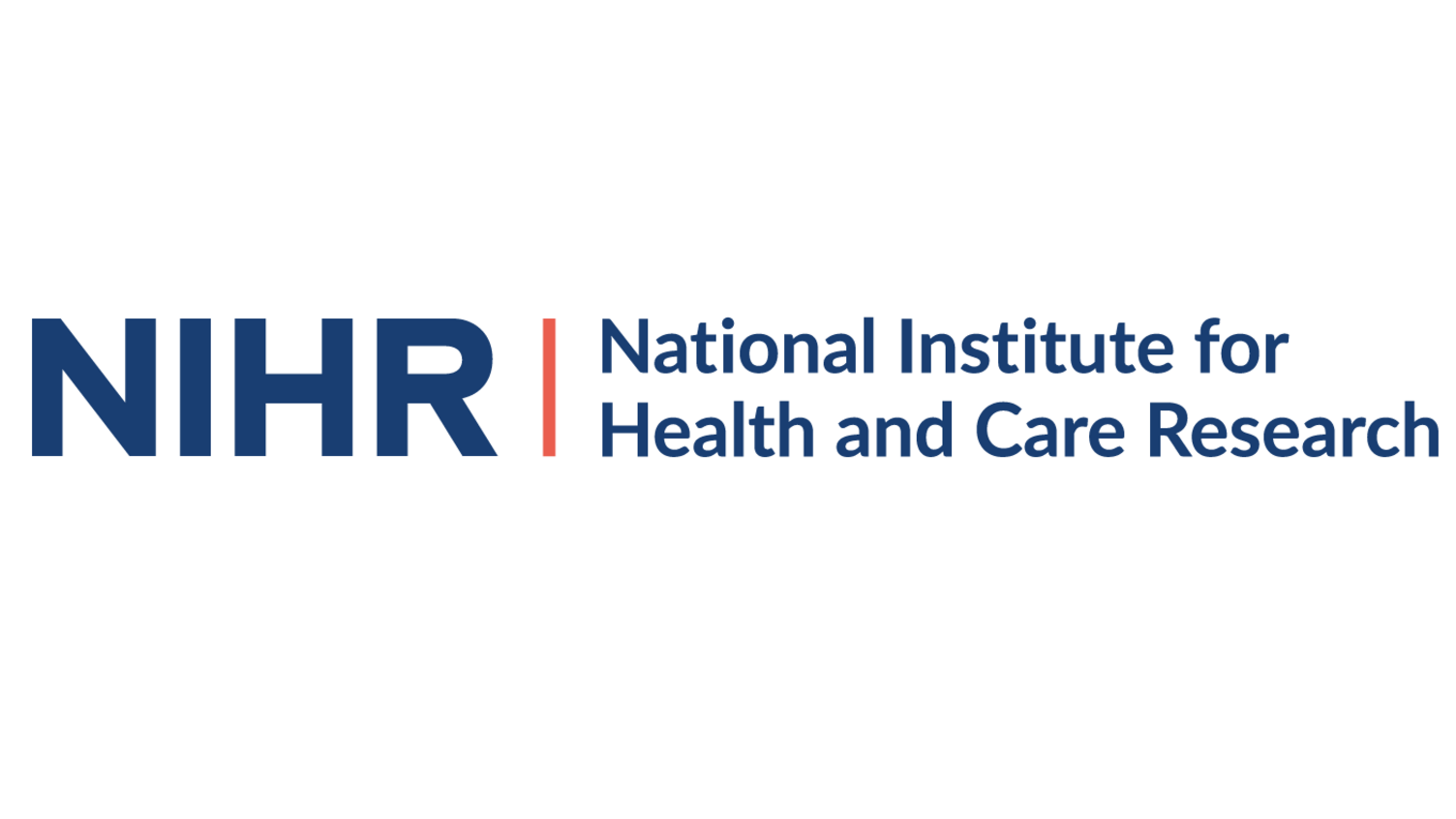Palliative and end of life care PSP helps inform 2017 call for research
- 17 May 2017
- 4 min read
Marie Curie – the UK’s largest charitable funder of palliative and end of life care research and the organiser of the James Lind Alliance Palliative and end of life care Priority Setting Partnership (Peolc PSP) – is calling on researchers to submit applications for its 2017 Research Grants Scheme.
The terminal illness charity is looking for applications that address its key research priorities identified by carers, health and social care professionals and people with terminal illness, and particularly, those areas that have until now received the least attention.
In-keeping with the charity’s focus on working in partnership, Marie Curie’s annual funding pot of £1 million has been bolstered by contributions from The Brain Tumour Charity (£300,000), the Motor Neurone Disease (MND) Association (£200,000) and the Scottish Government’s Chief Scientist Office (£69,000), generating a total fund of over £1.5 million.
The call for applications coincides with an analysis of the current research landscape conducted by Marie Curie in which a database of all health-related research active in the UK in 2014 was interrogated and mapped against the charity’s key research priorities (the database of active health-related research in the UK was mapped against the 83 questions identified in the PeolcPSP.
The analysis has revealed those areas which currently receive little or no funding which include out of hours care, support for carers, ensuring consistency of care for patients, and bereavement, which were all underfunded. Bereavement was the only area not to have received any direct grant funding at all in 2014.
Sabine Best, Head of Research at Marie Curie, said:
“Palliative and end of life care is of ever growing importance as people live longer and develop more complex needs but despite this, it remains an underfunded area of research. It has therefore been incredibly valuable for us to identify those research priorities that have been most neglected and we hope that this exercise will help inspire the passion and creativity of researchers across the country.
“For Marie Curie, funding research that will improve people’s lives is a fundamental priority and we’re delighted that those organisations joining our funding call share this commitment – their contributions will broaden the scope of our research and ultimately result in better care for more people living with a terminal illness.”
The Research Grants Scheme, an open and competitive call to researchers which is now in its eighth year, has to-date funded over 40 individual projects across UK.
Funds from The Brain Tumour Charity and the MND Association will be matched by Marie Curie and to be eligible for these funds, proposals will need to show relevance to the disease area in question as outlined in the guidance documents.
Funds from the Scottish Government’s Chief Scientist Office will also be matched by Marie Curie. Studies must be led by a principal investigator who is based in Scotland and can be based on any of the PeolcPSP themes.
The remaining £430,000 of the fund, provided by Marie Curie, will be awarded to proposals that focus on any one, or a combination of, the 83 priorities identified by the PeolcPSP, with applications particularly encouraged in the areas of out of hours palliative care, support for carers, continuity of care, bereavement and incontinence. The development and testing of interventions is also specifically encouraged.
Applications are welcome from scientists, clinicians or healthcare workers in UK universities, medical schools, hospitals and research institutions.
The deadline for submitting outline applications is 7th July 2017 and the application form and guidance for applicants can be found on the Marie Curie website. Following initial peer review, full applications will be invited in October 2017. Funding decisions with committee feedback will be available in May 2018.
Erica Moyes, Research Engagement Manager at The Brain Tumour Charity said:
“From our own experience as a charity and as detailed in our 2015 report, Losing Myself: The Reality of Life with a Brain Tumour, we understand the shocking gap in end of life care options. We found that 55% of people who have a terminal diagnosis of a brain tumour haven’t been given a choice of end of life options. This is simply not good enough.
“Collaborating in this call for research being undertaken by Marie Curie is a vital step forward in improving the palliative and end of life care for everyone affected by any terminal illness.”
Belinda Cupid, Head of Research at the Motor Neurone Disease Association, said:
“It’s important that we have the evidence of what good palliative and end of life care looks like for people with MND, so we can work towards ensuring that it is provided. This is the second joint call in partnership with Marie Curie and the themes for the call include those highlighted by people affected by MND and gaps in the MND NICE guideline published last year. We were pleased with the response to the last call and we are hopeful that this one is as successful.”
Dr Alan McNair, Senior Research Manager at the Scottish Government’s Chief Scientist Office, said:
“The Chief Scientist Office is delighted to be a partner in this exciting collaborative funding call. Research into palliative and end of life care is essential in order to develop the best care models for those with a terminal illness, their carers and families. We are confident that research funded through this call will allow some of the unanswered questions in palliative and end of life care to be addressed”


